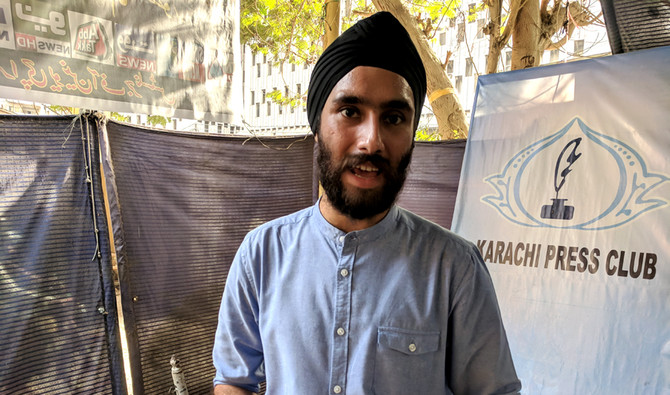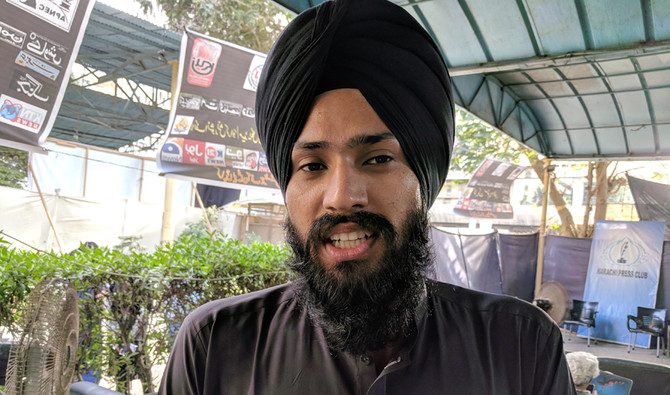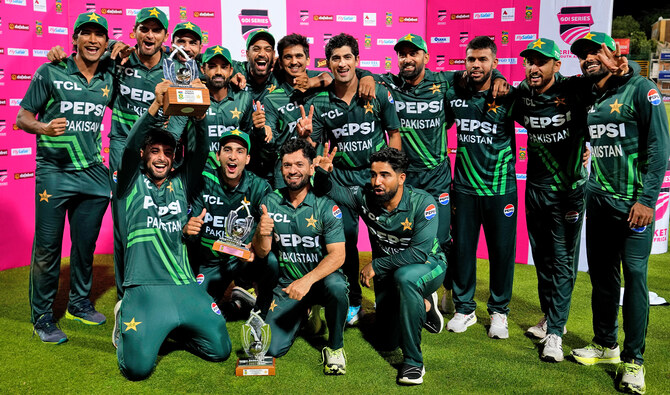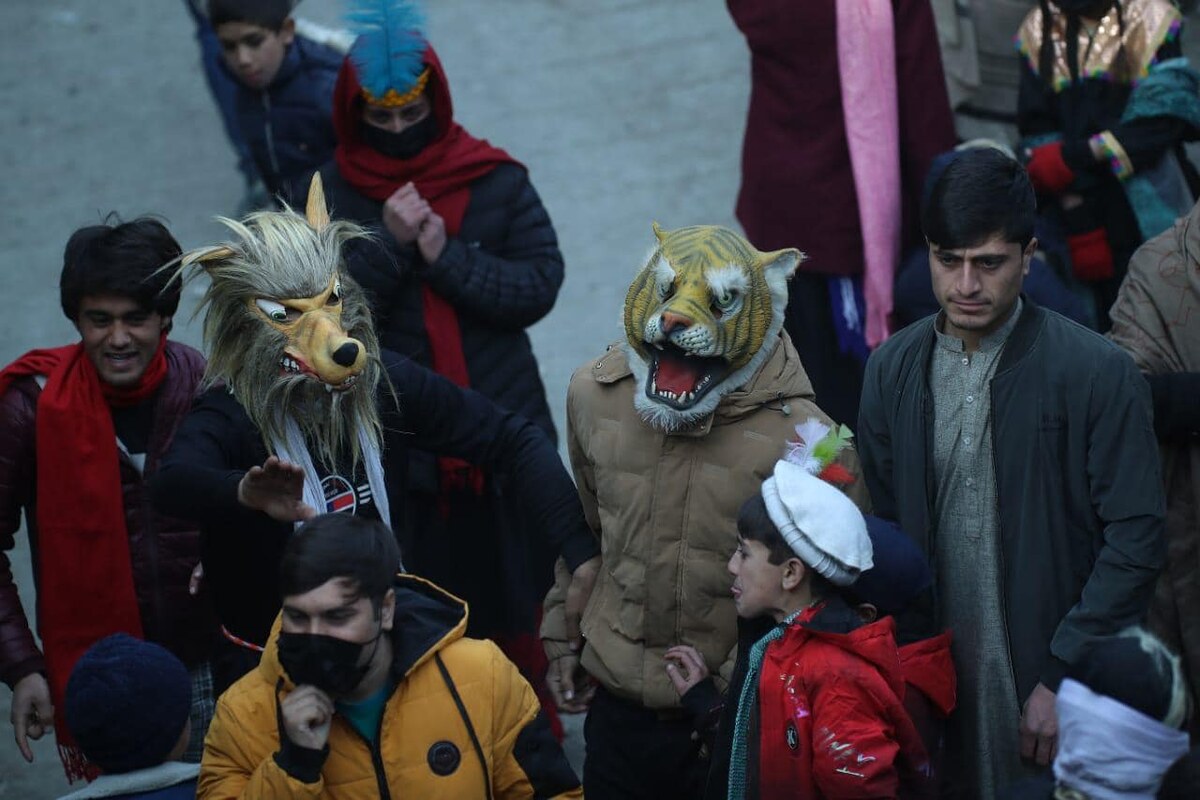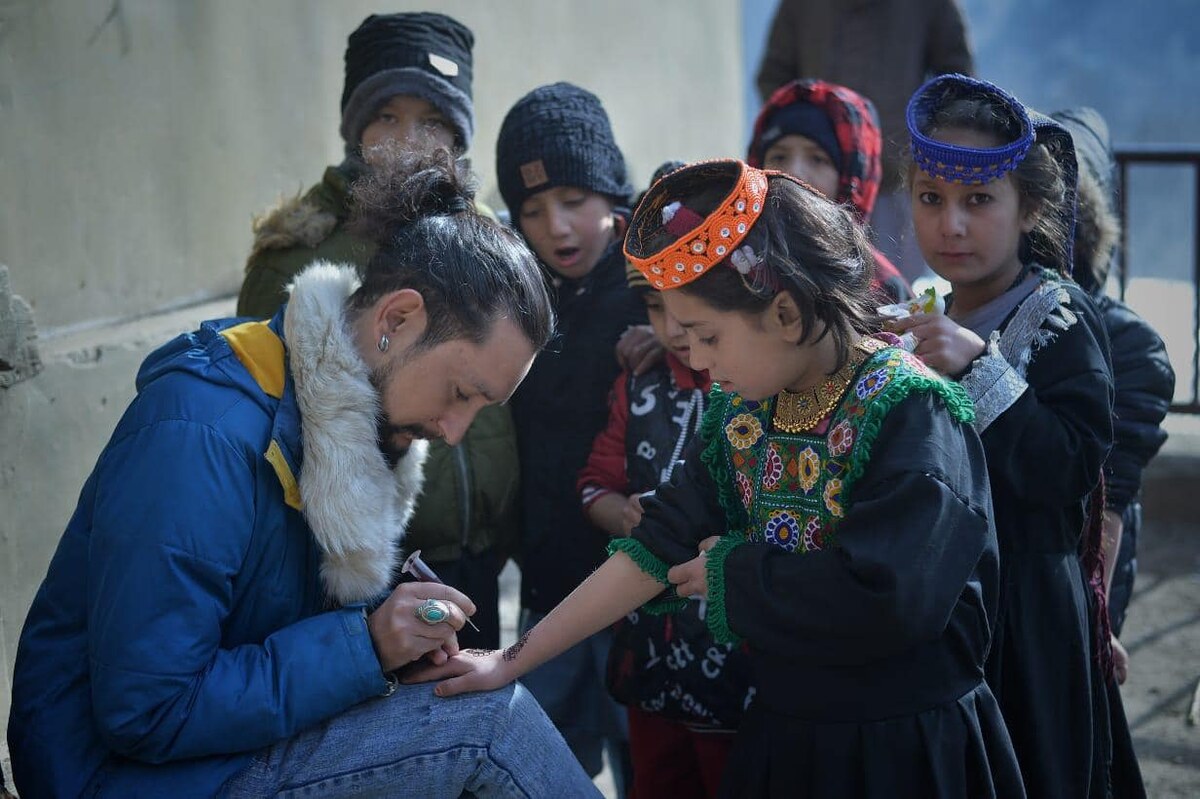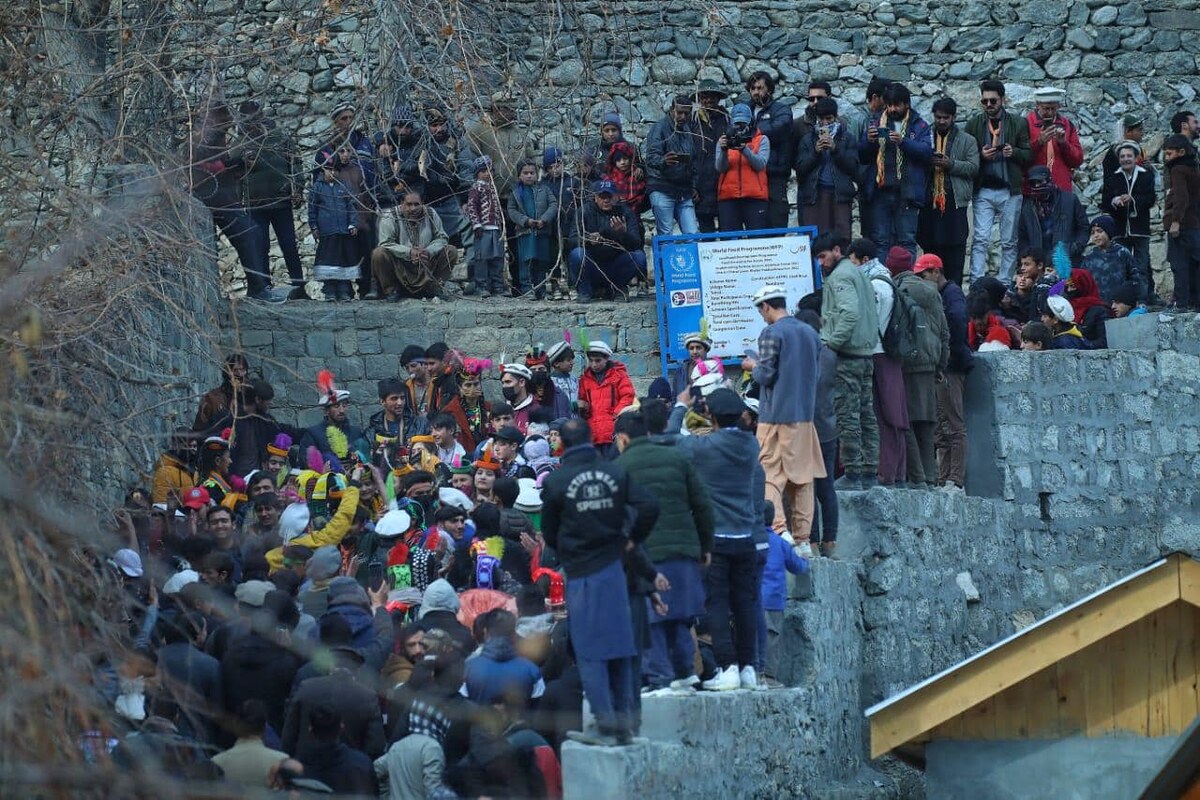KARACHI: Thanking Prime Minister Imran Khan for his “huge gift” to Sikh pilgrims from around the world, the community in Pakistan urged India’s Prime Minister Narendra Modi to take a leaf from their premier’s book and follow suit.
In focus is the announcement by PM Khan and Chief of Army Staff, General Qamar Javed Bajwa, to allow visa-free travel, at the Kartarpur border, for pilgrims looking to celebrate the 550th birth anniversary of Guru Nanak Sahib next year.
“Pakistan has taken a huge step and won the hearts of Sikhs living across the world. We are excited that brothers from India and elsewhere will be coming for the yatra (pilgrimage) without a visa. This is a huge gift from Pakistan,” Ramesh Singh Khalsa, Patron in Chief of Pakistan Sikh Council, told reporters at the Karachi Press Club.
Guru Nanak is the founder of the Sikh religion and his birthday is set to be celebrated in Nankana Sahib, in Punjab, Pakistan. Overcome with gratitude for the thoughtful gesture extended by PM Khan, Khalsa said the community was looking forward to meet the premier “so we may present him with a ‘Siropa’ [a saffron-colored stole bestowed on someone as a mark of honor] and discuss arrangements for the birthday celebrations”.
Urging India to reciprocate the goodwill gesture, Khalsa said: “Now, it’s India’s turn to respond positively. We demand that the Indian government open the border so that Pakistani Sikhs may visit temples in India, too,” adding that the move would help improve relations, create an environment of brotherhood and help the economies of both countries prosper.
He further thanked Army Chief Qamar Javed Bajwa for seeing through his promise -- of opening the border for Sikh pilgrims – which he had made to Indian politician Navjot Singh Sidhu during a meeting, held on the sidelines of the oath-taking ceremony for PM Khan.
Detailing the fact that Guru Nanak had spent the last 18 years of his life in Kartarpur -- where he had also recited poems of Sufi preacher and revered saint Baba Farid – Khalsa said that every year, nearly 5,000 Sikh pilgrims visit Pakistan and “when they return to India they return as ambassadors of Pakistan”.
Dispelling the misconception that Quetta, the capital of the Balochistan province, is unsafe for minorities, Sardar Ravish G. Singh, another member of the council, said: “I have found Quetta, my city, to be the safest place in the world and urge Indian Sikhs to visit Pakistan in large numbers.”
A thought that Dr Balvender Singh said he agreed with. Associated with the Jinnah Hospital -- the largest healthcare facility in the Sindh province -- Dr Singh said he has never been made to feel unwelcome just because he is a minority. Hailing from the Daharki city of Sindh, he added the fact that he was able to get admission in Karachi’s Sindh Medical College was proof of the pudding.
“Being a minority, I have always been welcomed. The people of Pakistan have always accepted us - the Sikh community. I am proud to be a Pakistani, (the country) which has given love and respect to my community,” he told Arab News.
Drawing parallels with Sikhs in India and reminiscing a time when, as a six year old, he visited a gurudwara in Amritsar, Dr Singh said that “we have the right to visit India and the temples there” as much as Indian Sikhs “have the right to see the birthplace” of Guru Nanak.




